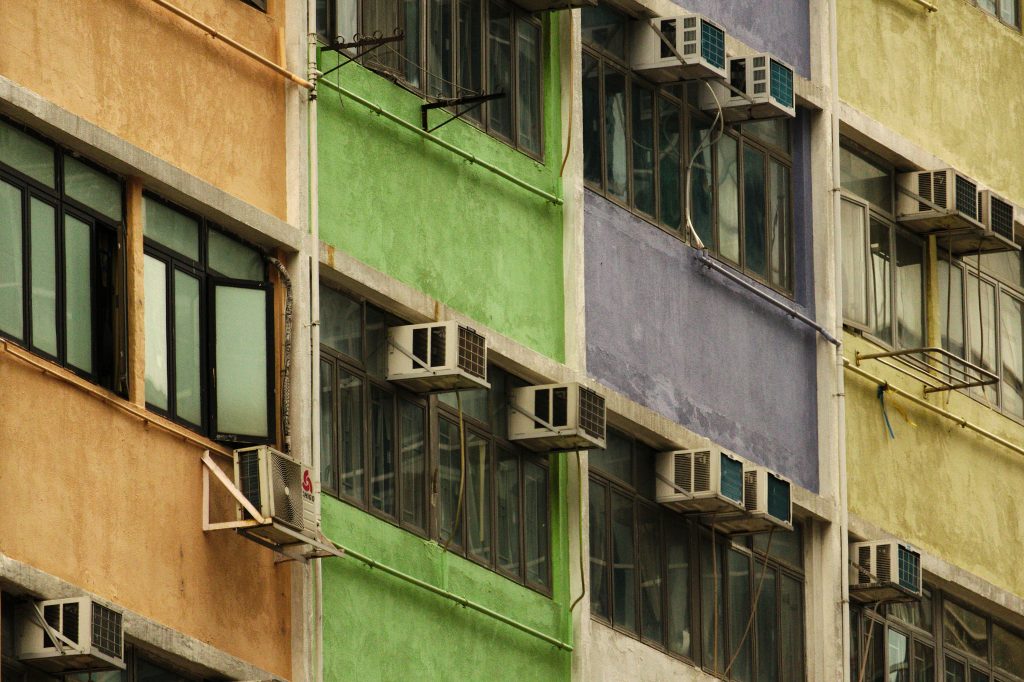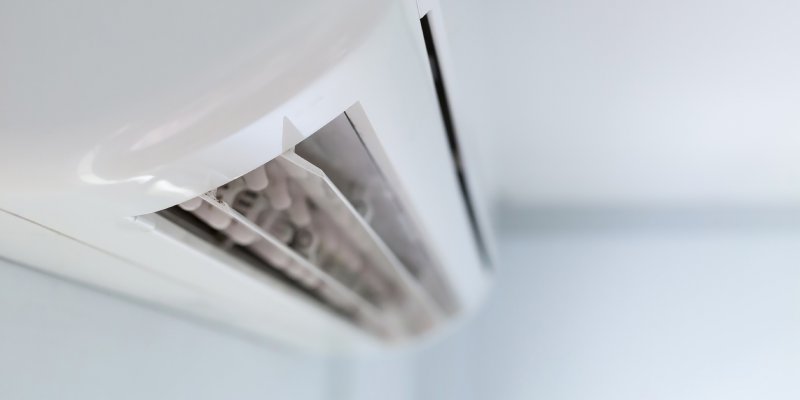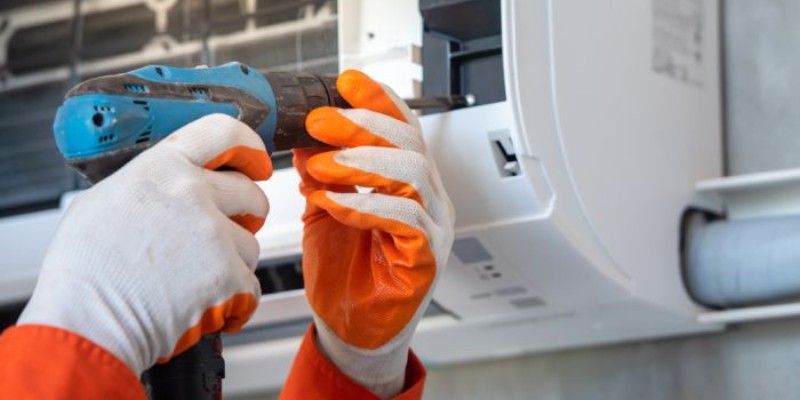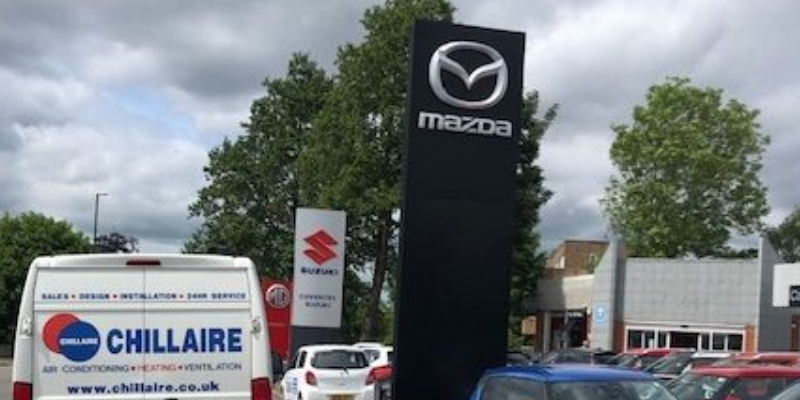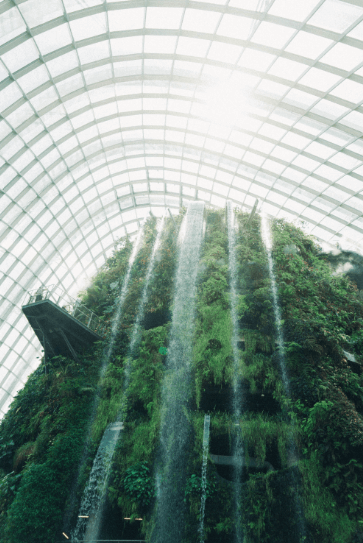
What is an Air Source Heat Pump?
Air source heat pumps are a new type of low-carbon heating system that transfers heat from the outside air (ambient air) into water which is then used through a HVAC plant to heat your building They are becoming more and more popular in homes / commercial premises / retails premises and some industrial applications due to their energy efficiency and economic benefits.




